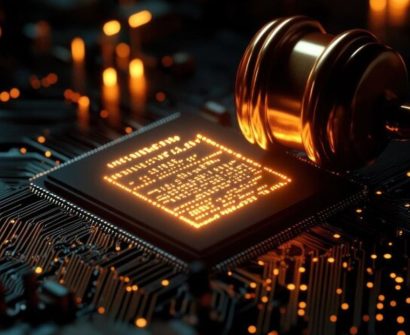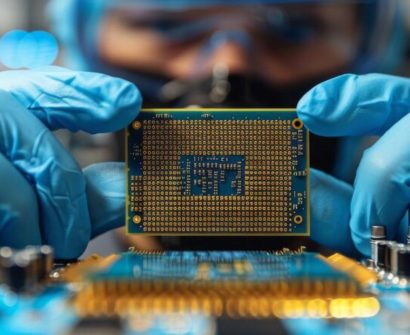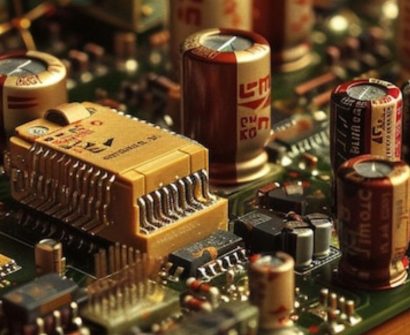
Introduction
In recent years, the demand for qualified VLSI engineers has experienced a significant upswing, primarily fueled by remarkable advancements in artificial intelligence (AI), electric vehicles (EV), and smartphone technologies. These technological breakthroughs hinge on intelligent Integrated Circuits (ICs), making VLSI design a crucial aspect of the semiconductor sector.
VLSI, or Very Large Scale Integration, involves the design and production of chips. Today, cutting-edge technology has ushered in sub-10 nanometer processes, allowing designers to pack billions of transistors into a single IC. This high transistor density not only empowers electronic devices with incredible power but also enables them to be remarkably compact and feature-rich.
The Role of a VLSI Engineer:
If you have a genuine interest in electronics engineering, a career as a VLSI engineer can be highly rewarding. The industry demands individuals who are not just technically proficient but also possess qualities like versatility, knowledge, diligence, happiness, and enthusiasm for their work.
Eligibility and Diverse Pathways:
Typically, candidates with a bachelor’s degree in electronics, electrical engineering (EEE), or a related circuit field qualify for roles in the semiconductor sector. Surprisingly, computer science and IT software developers with a solid foundation in digital fundamentals, semiconductor physics, and software development can also pursue a career in VLSI.
Fundamental Skills for Aspiring VLSI Engineers:
- Hardware Description Languages (HDLs): Specialized languages such as VHDL and Verilog are essential for VLSI design.
- Programming Languages: Skills in scripting languages are advantageous.
- Digital Electronics: A strong understanding of digital electronics is fundamental for success.
- Design Tools: Proficiency in tools like Verilog, VHDL, SystemC, and UVM is crucial for different roles in VLSI.
- Specialized Knowledge: Depending on the role (front end or back end), expertise in areas like fabrication processes, physics, material science, and chemistry is necessary.
Educational Foundations:
VLSI is a broad field encompassing digital electronics, microelectronics, communication protocols, computer architecture, and more. A solid educational foundation in electronics engineering is typically required, but the industry also welcomes those with a deep understanding of digital foundations.
The Design Hierarchy in VLSI:
Understanding the design hierarchy is crucial, involving aspects such as chip architecture, microarchitecture, logic design, and physical design.
Conclusion:
For those looking to embark on a journey into VLSI, educational institutions like SuccessBridge offer a variety of online courses. With a focus on practical learning using industry-leading tools and experienced faculty, these courses equip aspiring engineers with the skills necessary for a successful career in the semiconductor industry. As the demand for VLSI professionals continues to grow, staying updated with the latest technologies and honing both technical and soft skills will be key to standing out in this dynamic field.
To know more about VLSI Course , SuccessBridge VLSI training institute. You can begin your VLSI career by enrolling in the placement-assisted live courses available at SuccessBridge We offer various VLSI online courses. We offer VLSI Physical Design course, Design Verification course, DFT Training,Chip design course many more. Explore VLSI Courses From The Leaders In VLSI Training
Also Read: A Walkthrough VLSI Physical Design Engineer Salary In India.






